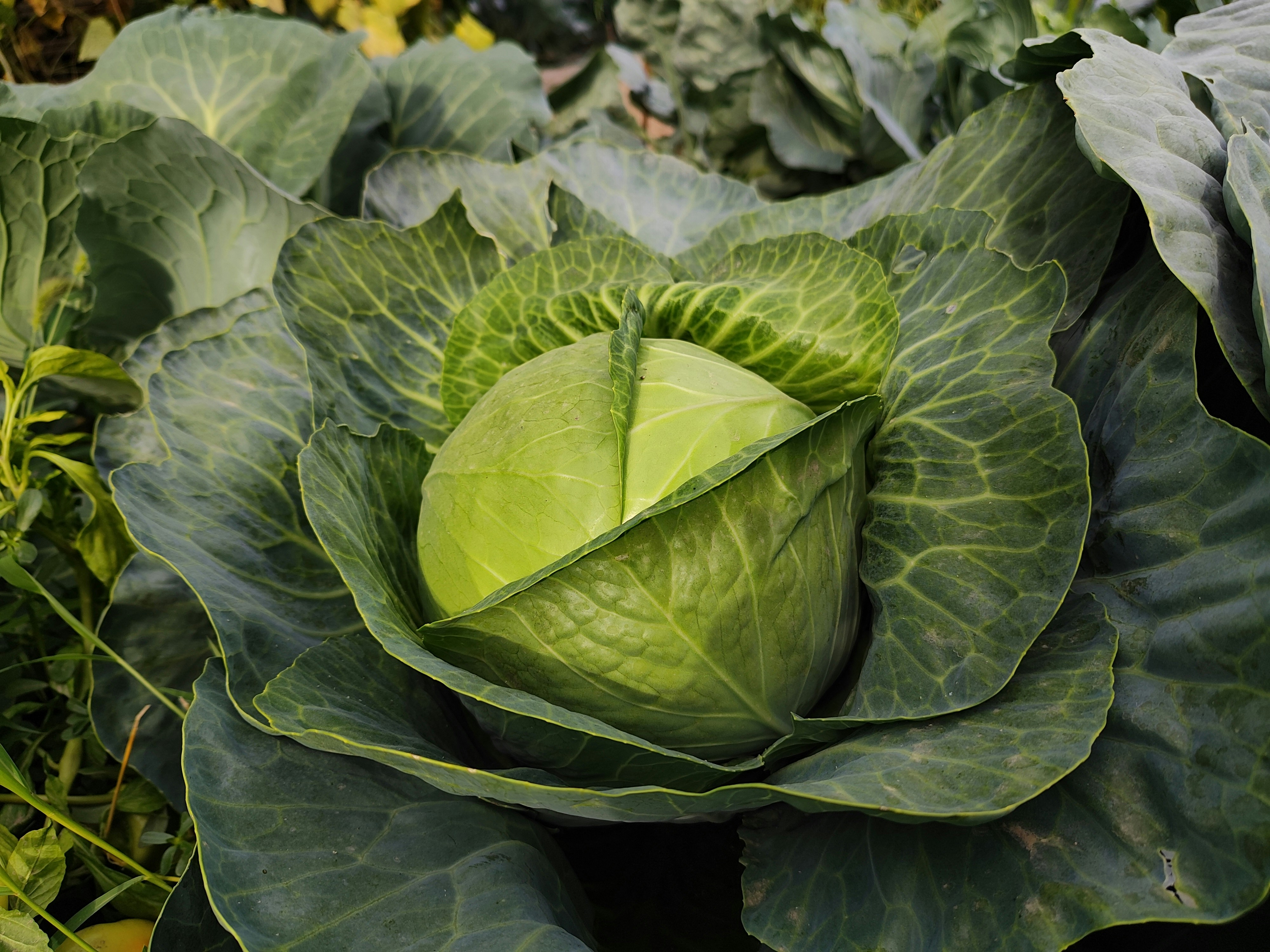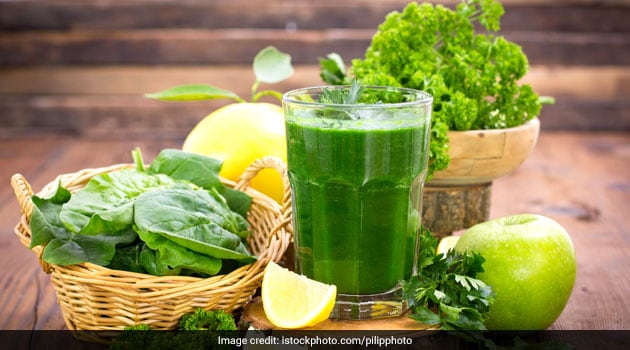Fatty liver is of two types: alcoholic fatty liver disease and non-alcoholic fatty liver disease. It tends to damage the liver, inhibiting it from removing toxins and producing bile for the digestive system, two of which are the most important functions of the liver. If the most basic function of filtering out toxins is interrupted, there are chances of developing numerous health conditions.
Fatty liver diet: What is fatty liver?
According to Nutritionist and Physiologist Ritesh Bawri, "A fatty liver is caused when the carbohydrates or fats or both being regularly consumed is far more than what your liver can process. The excess fat is usually stored in your cells. Beyond a point, it begins to get stored in and around the liver resulting in a fatty liver condition." Fatty liver is when fat in the organ accounts for more than five to 10 percent of your liver's weight. It is a reversible condition that can be resolved with lifestyle modifications. It doesn't have peculiar symptoms that one can differentiate into this condition. However, if not diagnosed early, this condition may cause serious damage to the liver.
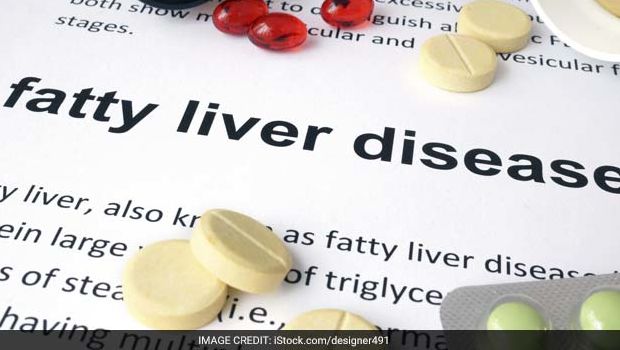
Fatty liver diet: Fatty liver is when fat in the organ accounts more than your liver's weight
Fatty liver diet: Symptoms of fatty liver
As mentioned above, fatty liver has no particular associated symptoms. Some of the common symptoms may include fatigue or abdominal discomfort. Diagnosis may show an enlarged liver. Excess fat in the liver can cause inflammation, which can further cause symptoms including:
- Fatigue
- Confusion
- Abdominal pain
- Weight loss
- Loss of appetite
- Physical weakness
In severe cases, there are chances of developing an enlarged abdomen, jaundice and a tendency to bleed more easily.

Fatty liver diet: Causes of fatty liver disease
Nutritionist Ritesh Bawri says, "The most important cause of this disease seems to be obesity or diabetes as over 65% of people with diabetes also look to be reporting fatty liver." Another common cause of fatty liver disease is alcoholism or binge-drinking. Here are some other reasons that may cause the condition.
- Obesity
- Diabetes
- Eating a high-fat and high-sugar diet
- Genetic inheritance
- Rapid weight loss
- Side effects of medication
- High levels of fat in the blood
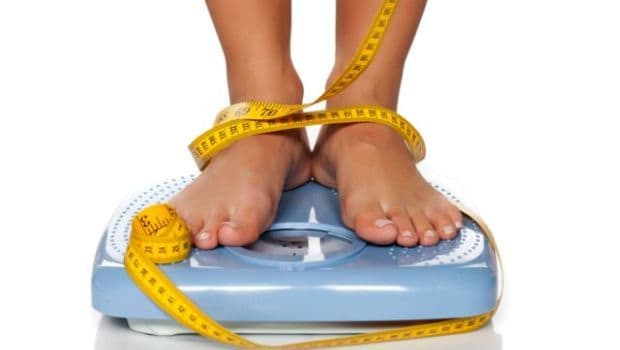
Fatty liver diet: What should one eat to cure fatty liver disease?
Dietary habits are significantly associated with health state. A correct diet, associated with a healthy lifestyle may in fact contribute to the maintenance of a healthy human body. Similarly, the right dietary intake may help cure both alcoholic and non-alcoholic fatty liver diseases. According to Ritesh Bawri, "The best way to manage a fatty liver condition is to reduce processed foods, especially those high in sugar. Similarly cutting back on flour and white sugar can help. Obviously, reducing or eliminating the intake of alcohol, which is nothing but sugar also helps. Eating plenty of good quality fruits and vegetables provides adequate nutrition to your body and also help you reduce the amount of fat. Finally, managing your calorie intake ensures that your energy requirement is in balance and the excess food is not stored as fat in and around your body."
According to a study published in the Medscape, the Mediterranean diet and a low-fat diet could help cure fatty liver disease along with physical exercises. Mediterranean diet includes the consumption of fresh fruits and vegetables, olive oil and fish and almost no meat. Mediterranean diet has been deemed as one of the healthiest diets that help keep various ailments at bay.
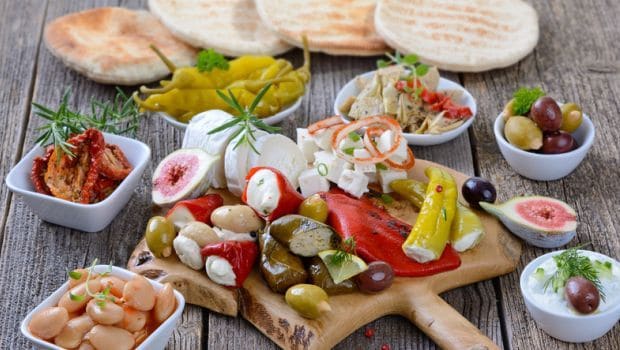
fatty liver diet:the Mediterranean diet and a low-fat diet could help cure fatty liver
Fatty liver diet: We suggest some foods that may help reverse the effects of fatty liver-
1. Garlic
This kitchen ingredient may help cure fatty liver disease. According to a study published in Advanced Biomedical Research, garlic appears to help reduce body weight and fat in people with fatty liver disease.
2. Coffee
According to a report published in the Annals of Hepatology, coffee contains certain compounds that may help protect the body from non-alcoholic fatty liver disease. Adding coffee to the morning routine may be a great addition to a person's fatty liver diet.

Fatty liver diet: coffee contains certain compounds that may help protect the body3. Broccoli
According to a study published in the journal of Nutrition, long term consumption of broccoli helped prevent fat build-up in the liver of mice. Cruciferous vegetables like spinach, cabbage, cauliflower are known to have a great impact on the liver.
4. Green tea
Tea, according to World Journal of Gastroenterology, especially green tea has high levels of antioxidants that help reduce body fat percentage and fat in the blood.
5. Soy or whey protein
Tofu may actually reduce fat build-up in the liver. Not just this, tofu has super-low fat content and high-protein that makes it even healthier for a fatty liver diet.
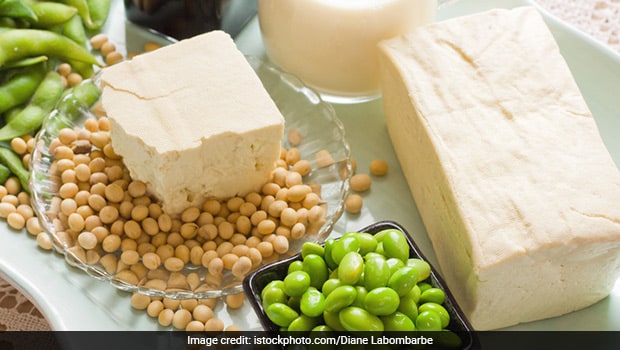
Fatty liver diet: Tofu may actually reduce fat build-up in the liver.6. Walnuts
Foods rich in omega-3 fatty acids are great for liver health. A study found that eating walnuts improved liver function tests in people with non-alcoholic fatty liver disease.
7. Sunflower seeds
These crunchy delights are excellent sources of vitamin E, an antioxidant, which helps protect the liver from further damage. So include them in your fatty liver diet.
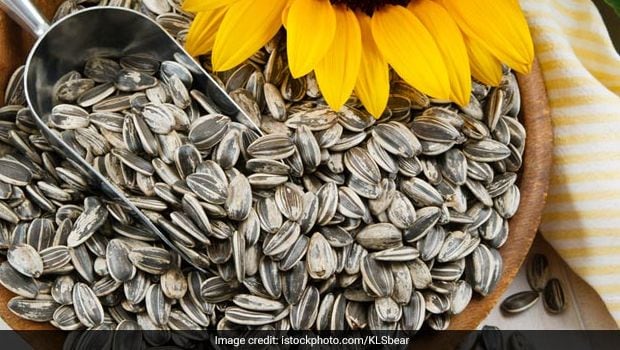
Fatty liver diet: These crunchy delights are excellent sources of vitamin E
8. Olive oil
The presence of omega-3 fatty acids in olive oil help lower liver enzymes levels and control weight. So include this healthy oil in your fatty liver diet.
Fatty liver diet: What foods should you avoid?
For the people following the fatty liver diet, you should avoid alcohol, added sugar, red meat, excess salt, fried foods, white bread, rice and pasta.
Make sure you consult a doctor for the right fatty liver diet in order to ensure the right treatment.


